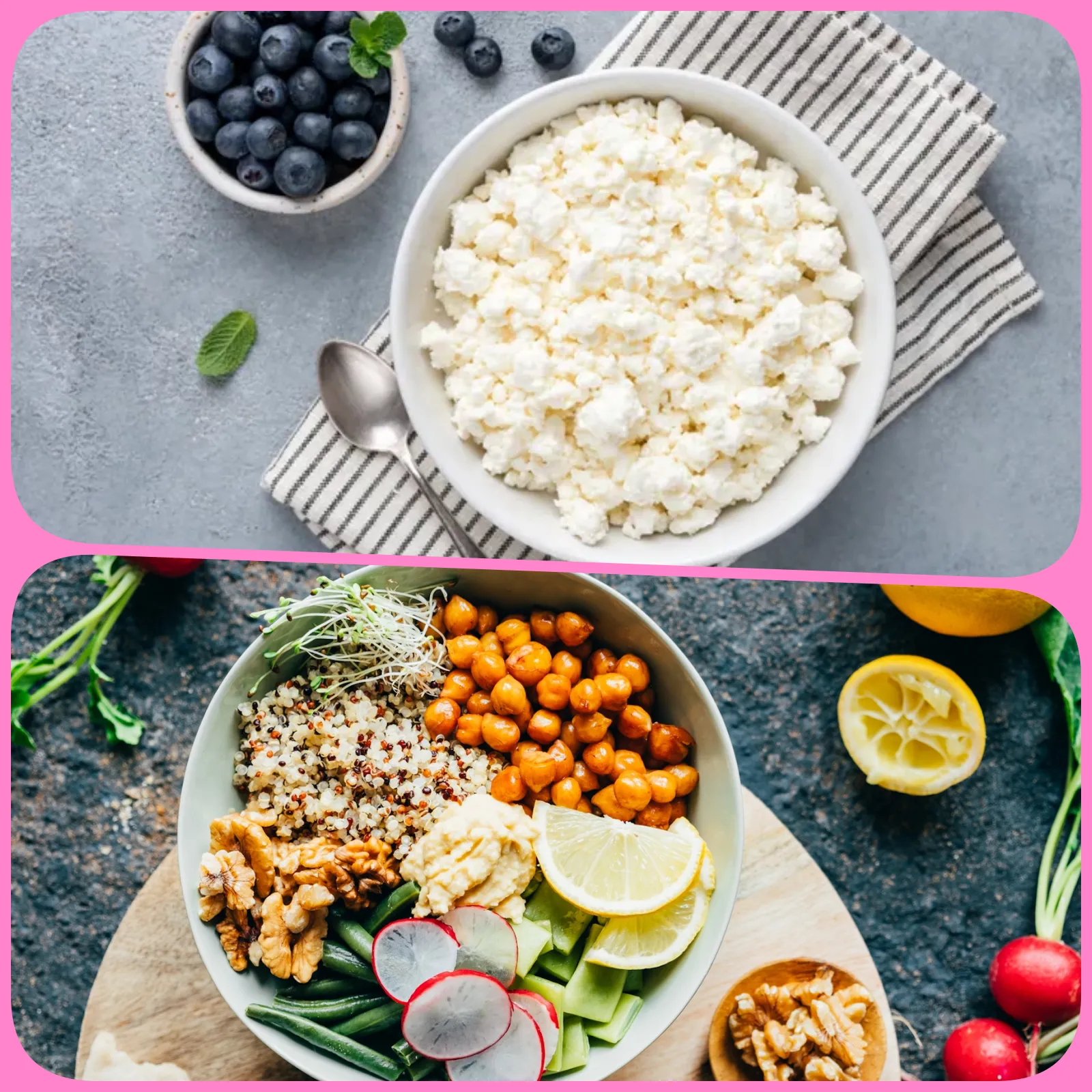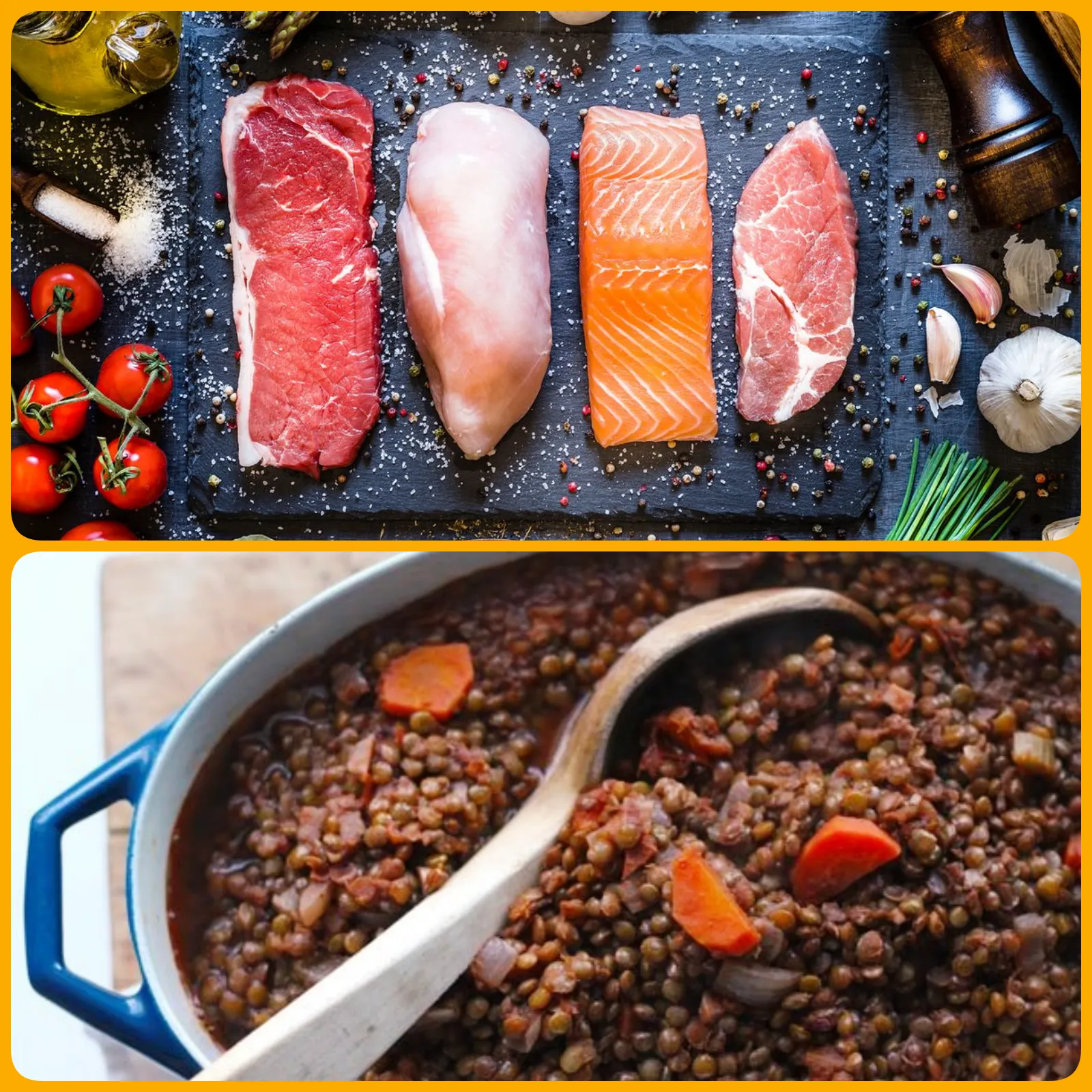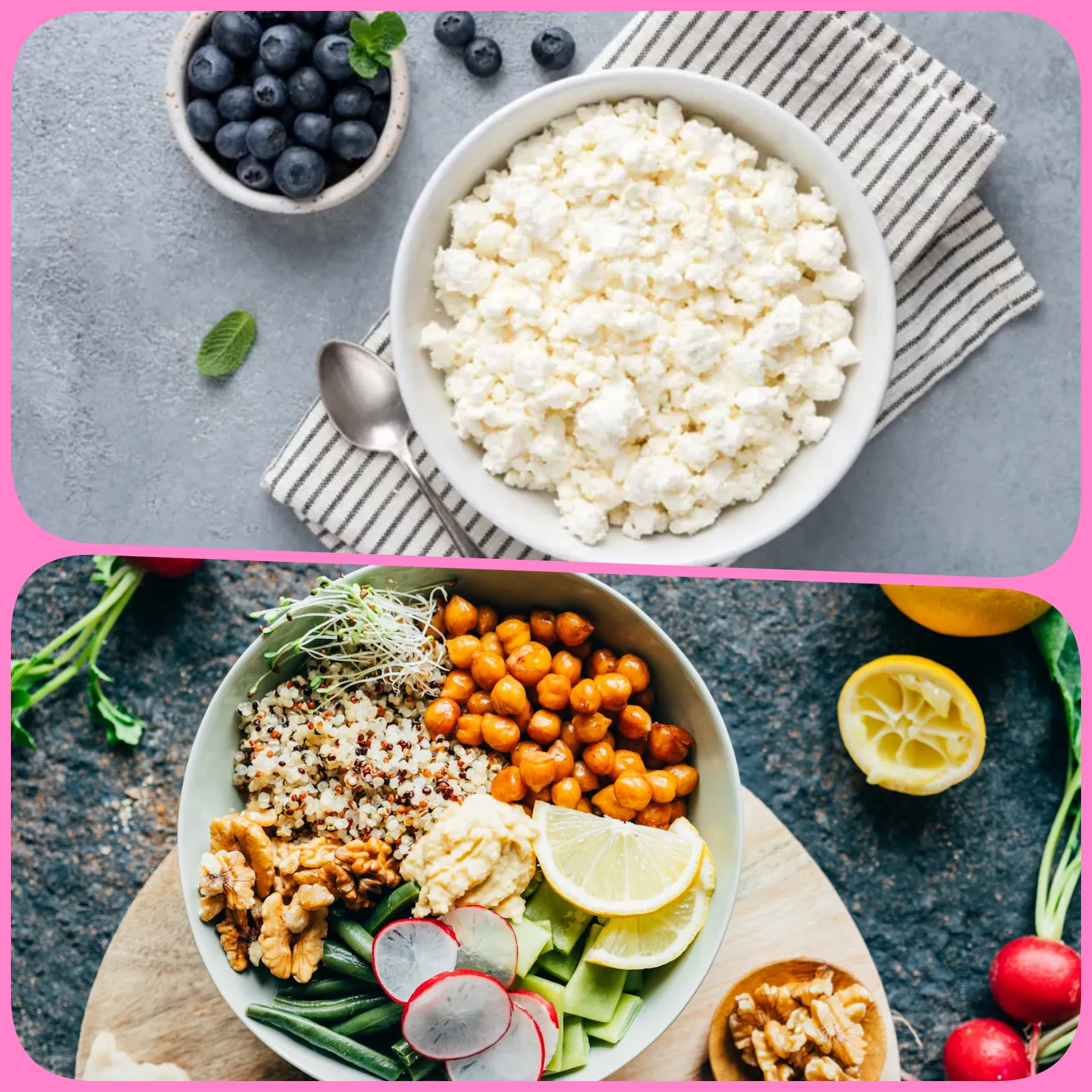
Forget the “low fat” and “low carb” fads. Today’s nutrition buzzword is “high in protein,” but how much protein do you really need? Here’s what the experts say.
A trip through the grocery store now often reveals products boasting “high in protein,” from protein powders to snacks. But amidst all this protein hype, many are left wondering: How much protein should I actually be eating?
Why Protein Matters More Than You Think
Protein is crucial for more than just building muscle. “People often think of protein as something needed solely for muscle maintenance or growth,” says Michael J. Ormsbee, professor at Florida State University and director of the Institute of Sports Sciences and Medicine. “However, proteins are vital as enzymes, hormones, receptors, and signaling molecules throughout the body.”
Unlike fat, our bodies don’t store protein. “Our bodies continuously break down proteins to create new ones, so we need to replenish it daily,” adds Floris Wardenaar, assistant professor at Arizona State University’s College of Health Solutions.
In addition to muscle repair, protein helps keep us full and satisfied. “It helps control hunger and keeps us fuller for longer,” explains Jane Burrell, associate teaching professor at Syracuse University.

How Much Protein Do You Actually Need?
The Food and Drug Administration suggests adults aim for 50 grams of protein a day based on a 2,000-calorie diet. But this is a general guideline, not a one-size-fits-all figure.
According to registered dietitian Jaclyn London, “Protein needs vary based on age, sex, health, and physical activity levels.” For a generally healthy person not very active, the minimum is about 0.8 to 1 gram of protein per kilogram of body weight. For someone weighing 150 pounds, that’s around 68 grams of protein per day.
For active individuals, such as those training for endurance events, the requirement increases to about 1.2 to 1.7 grams per kilogram of body weight daily, translating to 82 to 116 grams for a 150-pound person.

Choosing the Right Protein Sources
Not all protein sources are created equal. “While you can find protein in both animal and plant-based foods, some sources are healthier than others,” says Dr. Kellyann Petrucci, a board-certified naturopathic physician. “Opt for lean proteins like low-fat dairy, fish, beans, and soy. These are beneficial and may help lower blood pressure and cholesterol.”
Be cautious of high-protein but fatty options like bacon or processed meats, which can be detrimental to heart health. “Food sources are generally preferable over supplements,” notes London. “Protein powders are not regulated by the FDA and should not replace nutrient-rich foods.”
High-Protein Food Choices
Here’s a quick look at protein content in common foods (per ounce unless noted):
Beef or turkey jerky: 10-15 grams
Greek yogurt (5 ounces): 12-18 grams
Roasted edamame: 13 grams
High-protein cereal (3/4 to 1 1/3 cup): 7-15 grams
Meat or fish: 7 grams
Hummus (1/3 cup): 7 grams
Peanut butter (2 tablespoons): 7 grams
Egg: 6 grams
Timing Matters
It’s not just about how much protein you consume, but also when you eat it. “Aim for 15 to 25 grams of protein at each meal,” suggests Burrell. “Eating sufficient protein throughout the day helps maintain satisfaction and energy levels.”

Debunking Protein Myths
There’s a lot of misinformation surrounding protein. Contrary to popular belief, protein doesn’t damage kidneys or automatically build big muscles. “Protein alone won’t bulk you up; muscle growth requires a combination of exercise, nutrition, and hormonal balance,” says Petrucci.
Final Thoughts
Incorporating the right amount of protein into your diet is essential for overall health and well-being. Rather than falling for the latest trends, focus on balancing your intake with quality sources and adjust based on your activity level and health needs.






